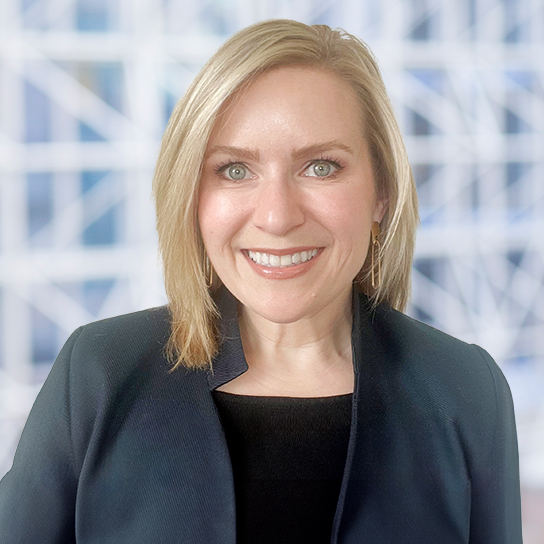
2024-2025 Global AI Trends Guide
 Search
Search


 Search
Search



What are the effects of the EU’s Foreign Subsidies Regulation (FSR) on U.S. companies active in the European Union – in light of the new obligations kicking-in from October 12, 2023? Watch the recording of our recent webinar.
While the principles governing foreign subsidies, under the EU FSR, do not differ from one region to another, the type of foreign subsidies involved may vary significantly from one country to another.
The regulation gives far-reaching powers to the European Commission (EC) to tackle distortive effects of direct and indirect financial support granted by U.S. public authorities – be they at federal, state or local level.
The scope is so broad that it will have serious implications for many company activities. From October 12, 2023 companies engaging in deals affecting European businesses or in European public procurement projects will need to notify the EC. Also, M&A agreements signed from July 12, 2023 may need to later be notified to the EC if the transaction has not closed by October 12, 2023. This imposes new and demanding upfront information obligations on companies, with no exception for U.S. companies, which can be expected to account for a large proportion of notifying companies under the FSR.
EU national jurisdictions may also play a role, as companies may try to rely on the FSR to seek damages or other remedies against competitors that would have received public support from third countries.
This webinar, hosted by leading economists of Berkely Research Group and Hogan Lovells' top ranking antitrust and international trade and investment teams, focuses on the main challenges U.S. companies will face through the regulation (including what’s in-scope, notification contents for transactions and procurements), offering practical tips to address those. We cover key aspects including, what constitutes a subsidy, quantifying the advantage, what is market distortion, the tools available to the EC and address effective compliance. We also explore opportunities to challenge competitors through the FSR.
The panellists were Falk Schöning, Kelly Ann Shaw, Francesco Pili at Hogan Lovells and Harry Broadman, Adina Claici and Kai-Uwe Kühn at Berkeley Research Group (BRG).










